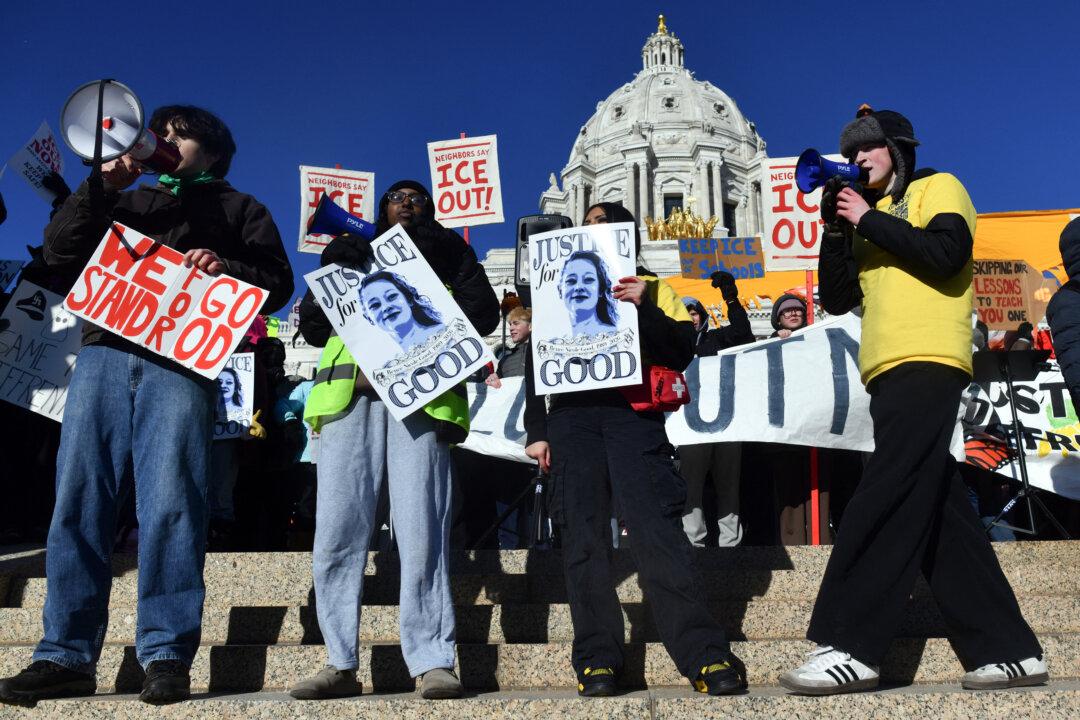Commentary
One of the most important but least acknowledged psychological factors that affects a person’s way of being in the world is his conception of history. It can make one glad to be alive, or bitter and resentful against all that exists. These days, bitterness and resentment are usually taken as signs of enlightenment.





